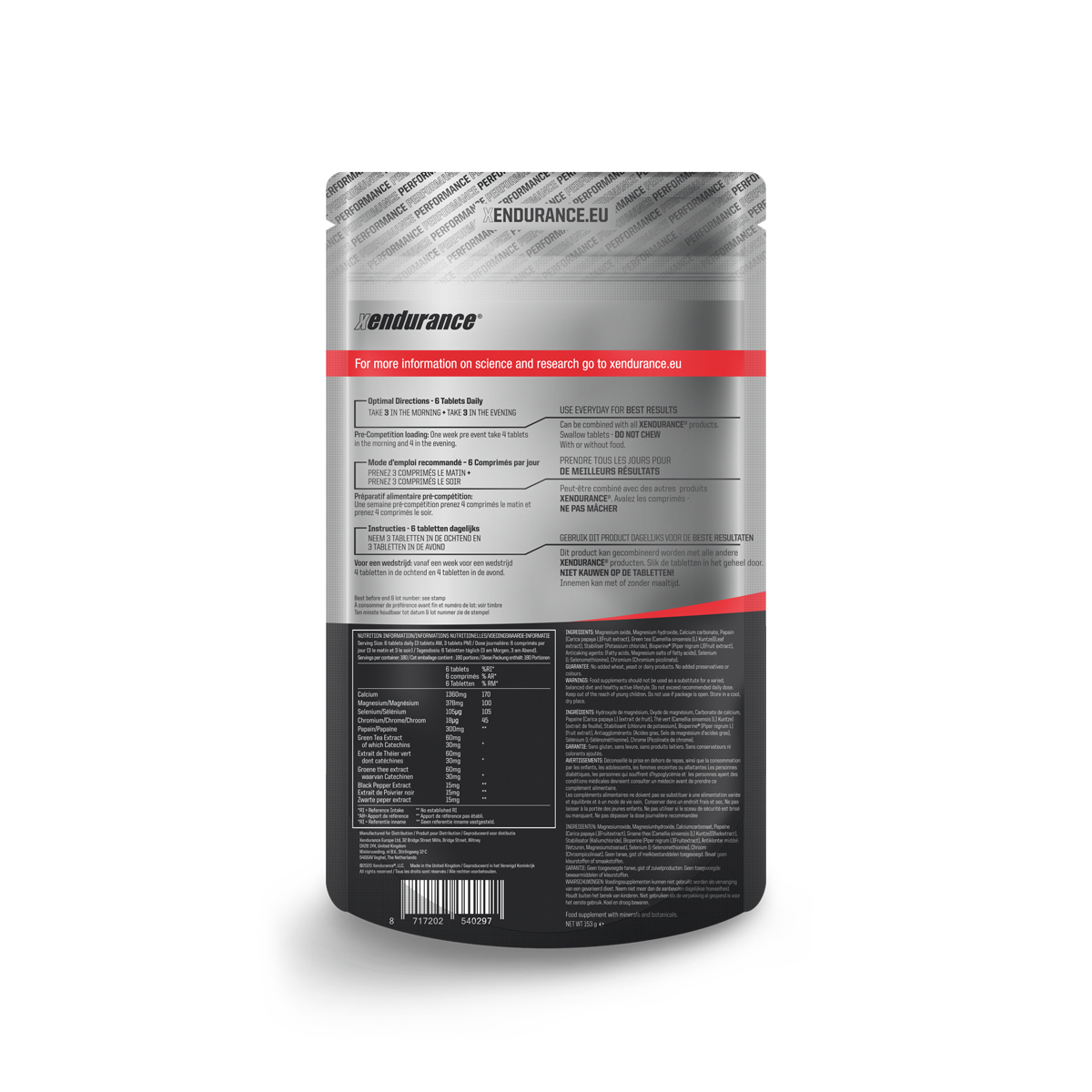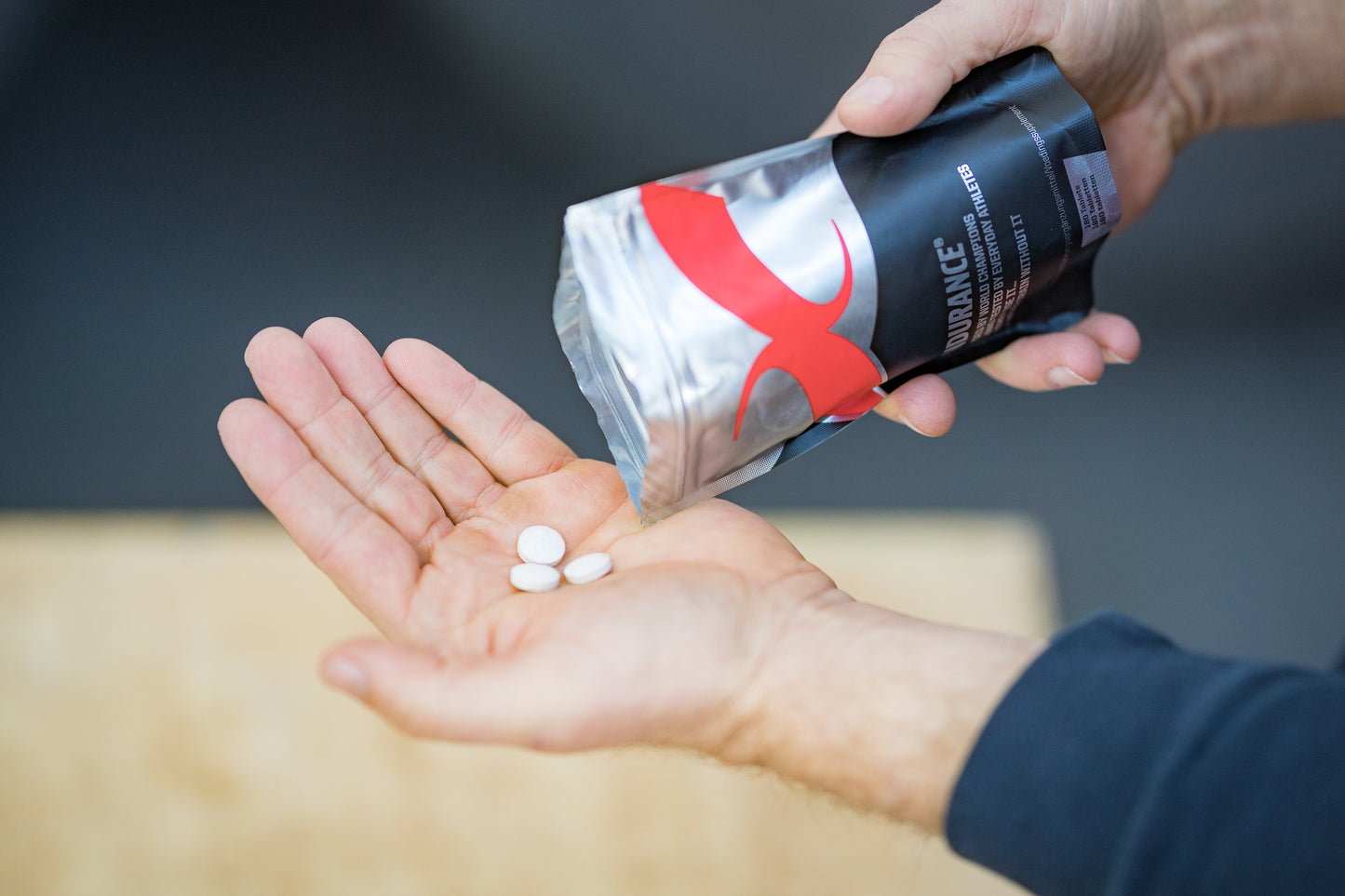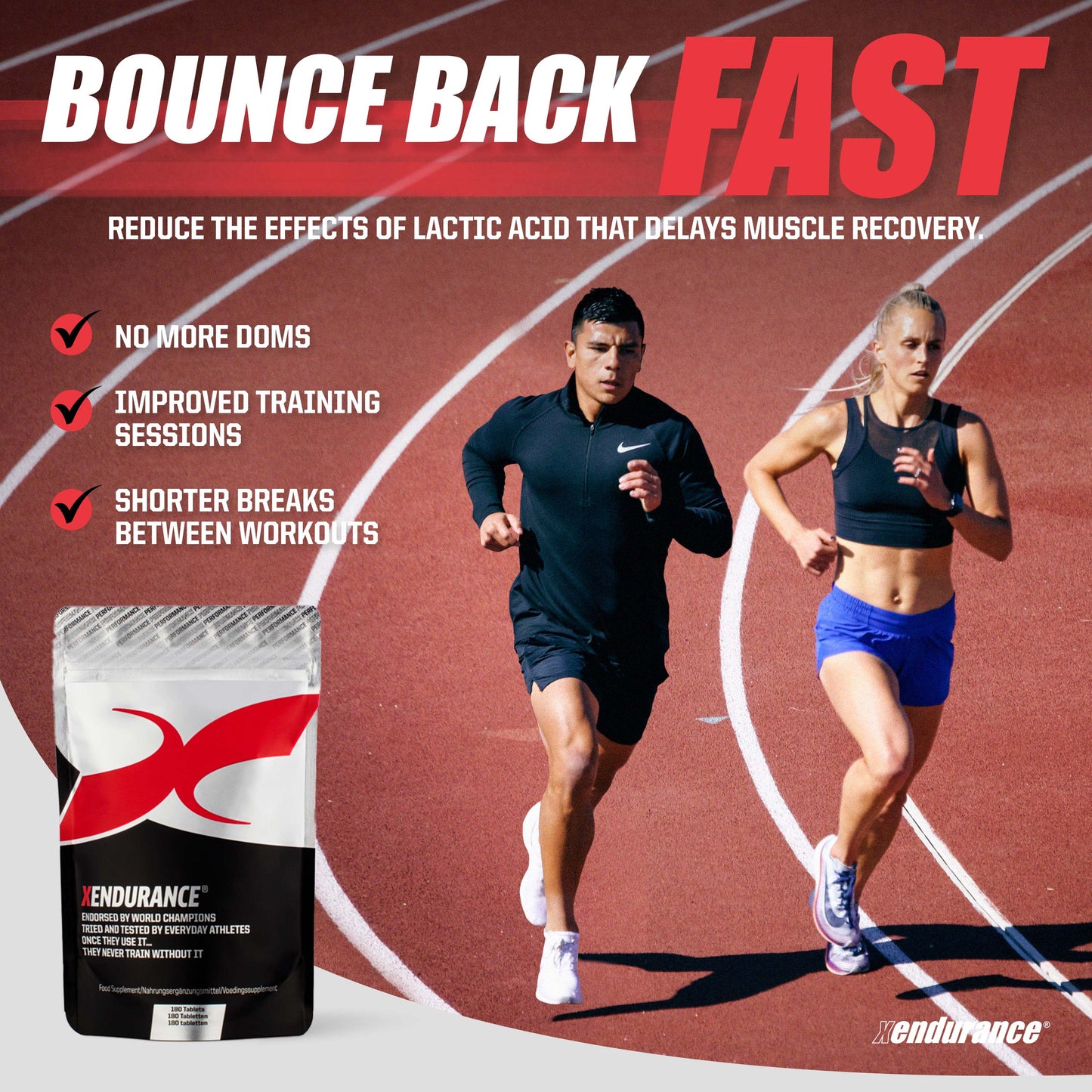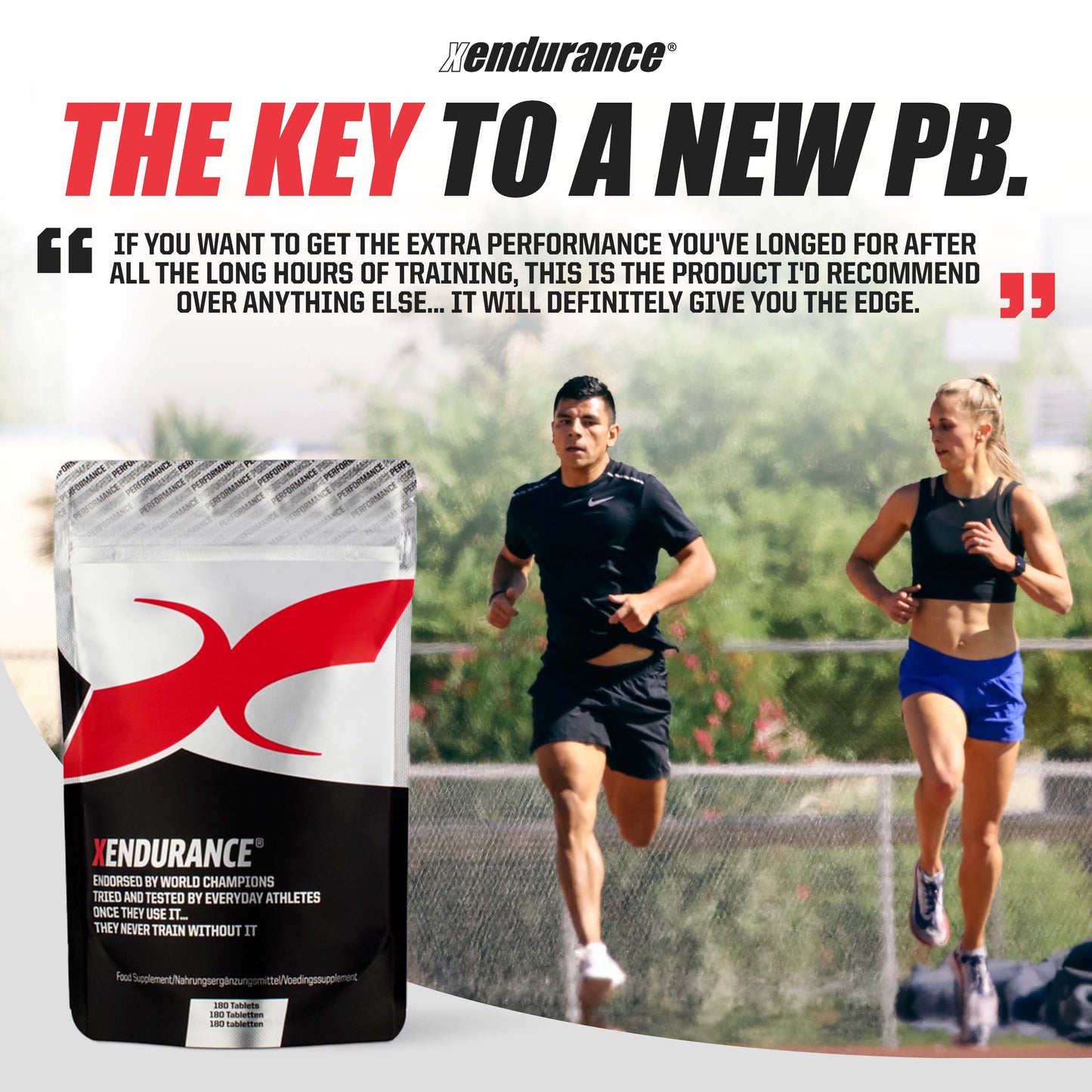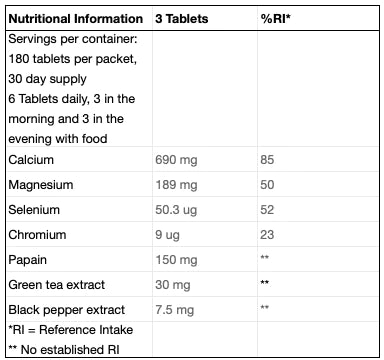Share
I think it’s common knowledge that, in terms of strength and fitness gains, hard work is rewarded. And if you’re reading this then I’m sure you’re no stranger to putting in a shift at the gym or pool. I think it’s also widely recognised that it is during the down-time between training sessions that we actually grow stronger or get fitter; the RECOVERY PERIOD. But do you out as much thought and effort into recovery as you do into the training?
Recovery Priorities:
Recovery Priorities:
- Nutrition (macros) – sufficient macronutrients to (carbohydrates, protein and fat) to allow the body to re-build itself after the stress of training. Whether measured in grams or in calories, in most circumstances we need to ensure that there is adequate intake of food. Protein requirement is in the region of 1.5-2g per kg of body weight spread in equal portions throughout the day. Carbohydrate requirement will vary depending on many factors and the exact training being undertaken each day/week.
- Nutrition (micros) – look after / develop your microbiome. The diversity of bugs within your digestive system has huge implications on daily physical and mental health. Prioritise whole foods and embrace plant power (this includes fruit, vegetables, herbs and spices, nuts, seeds and pulses) reducing your reliance on ultra-high processed foods.
- Nutrition (supplement) - appropriately timed sports nutrition products, both during training sessions and immediately after (especially if your next meal is not imminent).
- Sleep – arguably the most important tool that you have to promote recovery and repair. Contrary to what it may feel like, sleep is an active process in which your cognitive, emotional and physical wellbeing is restored. Sleep can be measured in terms of quantity (7-9 hrs) and quality (amounts of REM and NREM sleep cycles through each night). The main things to consider for good sleep are viewing early morning sunlight as close to waking up as possible and setting good sleep hygiene habits such as keeping the bedroom cool and dark, turning off electronics and disengaging from anything cognitively or emotionally engaging an hour before bed-time. Aim to train earlier in the day if you struggle to sleep for many hours following very demanding training sessions (this is a very notable one for me personally).
- Sleep (naps) – a mid-day nap can be useful so long as it doesn’t interfere with night time sleep. Typically the nap should be taken before 2pm. An alternative could be a short period of calming breathwork, yoga nidra or mindfulness practice.
- Reduce unnecessary activity that doesn’t move you closer to your goal. Its particularly common in endurance sports for people to fill every waking minute with some form of activity or movement. Walking the dog, mowing the lawn, cleaning the house or cars, gardening etc… While I accept some of these do need to be completed its worth analyisng what you do when supposedly recovering. How much mental and/.or physical downtime do you actually take? Simply becoming aware of this may help you make a few simple changes to promote that all important recovery between sessions.
- At the end of this list comes all of the other recovery tools like massage guns, foam rolling, compression garments, ice baths etc… These cannot make up for inadequacies in sleep and nutrition but may provide small (marginal) gains too.




